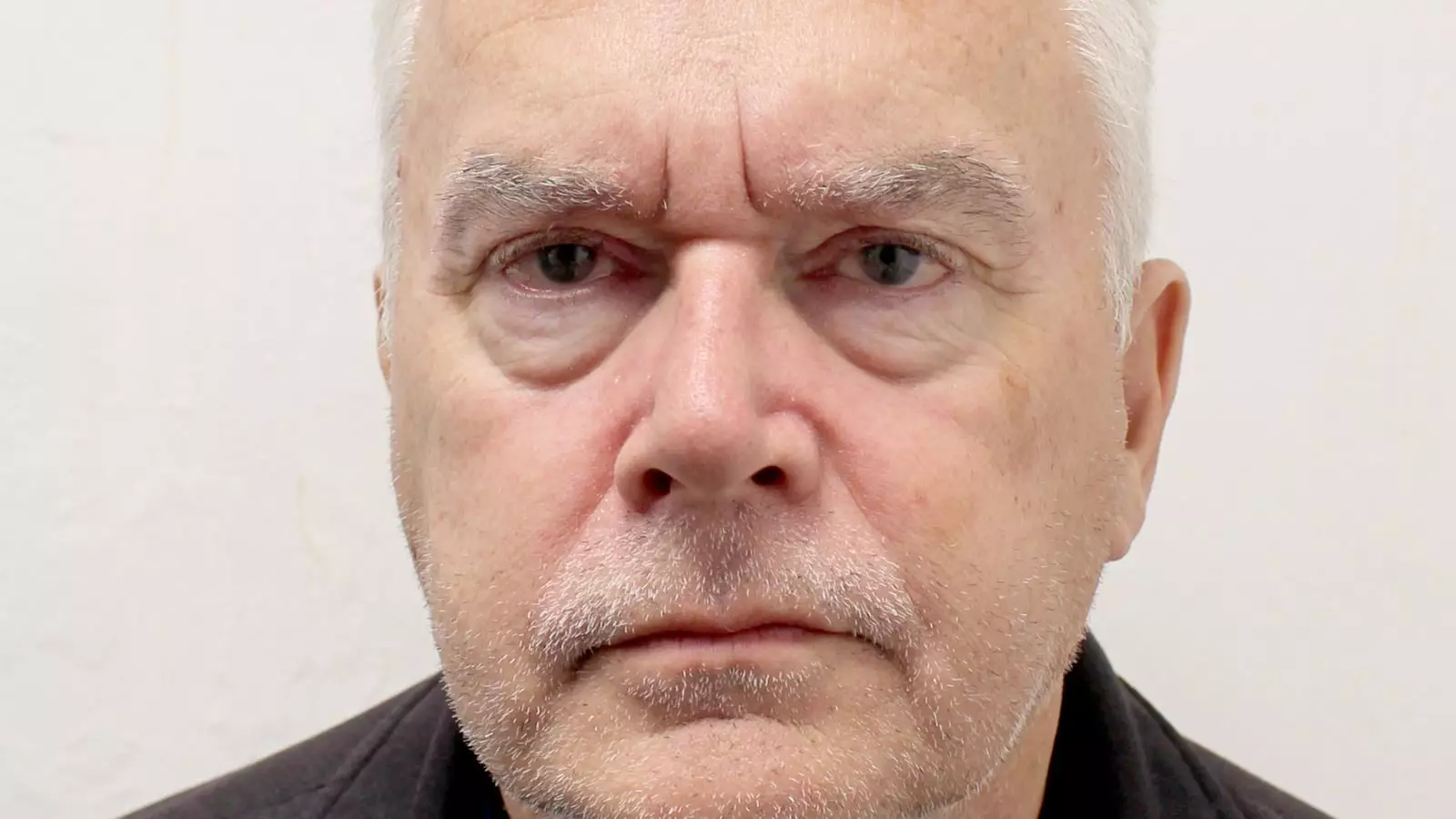The BBC has found itself embroiled in a shocking scandal following the sentencing of Huw Edwards, a former news presenter who pleaded guilty to several serious offenses concerning the creation of indecent images of children. Director-General Tim Davie has weighed in on the fallout, labeling Edwards’ actions as “appalling” and confirming ongoing discussions regarding the recovery of his salary post-arrest. As the BBC grapples with the ramifications of this disturbing case, it also faces scrutiny regarding its internal policies and public trust.
Huw Edwards was handed a suspended sentence following his guilty plea to three charges related to indecent images of minors. The court revealed that he had financially supported a paedophile who had sent him a staggering 41 illegal images over a period extending from December 2020 to August 2021. Among these, seven images were classified as being of the most severe nature. This egregious behavior has understandably raised questions about the integrity of the BBC and the mechanisms in place to protect its viewers and affiliates.
In addressing the issue, Tim Davie made it clear that Edwards would likely never return to the corporation, stating, “This man has just been convicted of appalling crimes,” a sentiment that aligns with the expectations of the public and the institution itself. The evaluation of trust is crucial for the BBC, and Davie’s remarks allude to a profound realization that the organization’s reputation has suffered irreversible damage.
Davie’s assessment highlights the critical importance of maintaining trust in the BBC, which is foundational to its identity as a respected broadcaster. Addressing the harm inflicted upon the corporation’s reputation, he acknowledged the severe implications of such scandals and reiterated the commitment to do right by victims, which includes a serious, transparent investigation of Edwards’ actions. “Trust is essential,” Davie stated, emphasizing that rectification of trust requires accountability and genuine efforts to uphold ethical standards.
Despite a clear stance on audience welfare, the question remains: how did the organization manage to continue Edwards’ pay during the time leading up to his charges? The BBC’s rationale behind this decision indicates a dilemma; Davie noted that the organization struggled with the ethics of salary payments during ongoing investigations but ultimately chose to abide by existing policy, which maintained payments until formal charges were laid. This position has drawn criticism, inciting discussions on the efficacy and moral soundness of the corporation’s financial principles when weighed against ethical considerations.
Another point of contention has been the financial implications of Edwards’ case for the BBC. Estimates indicate that the former news presenter may have received up to £200,000 in salary since his arrest, prompting calls for financial restitution. Davie confirmed that the organization is actively pursuing the return of these funds, stating, “We want the money back, and we’ve asked for it back.” This serves not only as an attempt at fiscal responsibility but also as a symbolic gesture towards accountability in the face of a severe breach of integrity.
Moreover, Davie expressed deep empathy towards the families of Edwards’ victims, emphasizing that their welfare remains a priority. “We’re just shocked, and there’s a lot of upset,” he lamented, echoing the sentiments of many within the BBC who feel profoundly affected by the breach of trust and ethical standards demonstrated by one of their own.
Navigating Further Controversies
The BBC’s chaotic landscape is further complicated by ongoing allegations regarding the popular program, Strictly Come Dancing. As investigations continue into claims of abuse behind the scenes, Davie indicated that these inquiries are nearing completion, although specific details remain undisclosed to the public. The dual crisis involving both Edwards and the dance show has intensified external scrutiny, fostering a climate of heightened concern regarding the culture within the corporation itself.
In navigating this tumultuous period, the BBC faces a crossroads. For the organization to regain the trust of its audience, comprehensive reforms addressing both public concerns and internal policies are essential. The Huw Edwards case serves as a clarion call for the BBC—reflecting not only on present actions but also on future strategies aimed at safeguarding against similar crises. Only through accountability, transparency, and a sincere commitment to the values of public service can the BBC hope to restore its standing in a society that demands both excellence and ethical conduct from its media outlets.

Leave a Reply